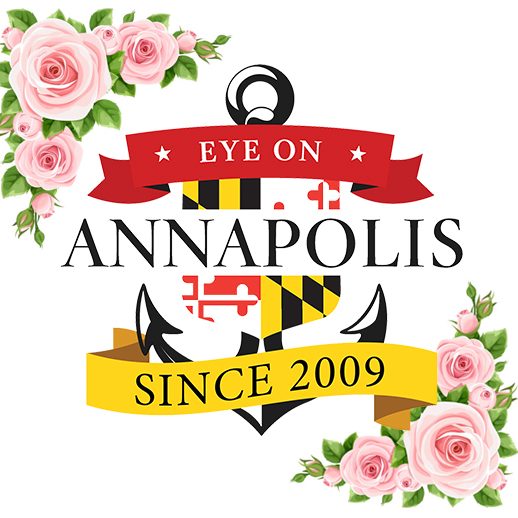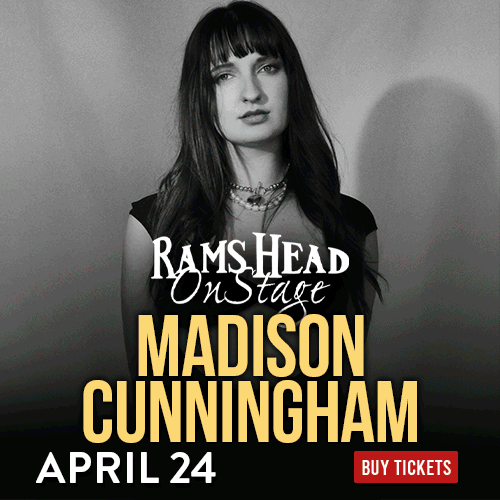

It is undeniable that Hip Hop has had a profound impact on urban culture. From how we dress to how we speak, Hip Hop has shaped and continues to shape how we express ourselves. CEO Benjy Grinberg explains reasons why Hip Hop was influential to Urban Culture.
Hip Hop Gave A Voice To The Voiceless
For many people living in urban areas, Hip Hop was a way to express themselves and their experiences. It was a way to tell their stories and connect with others who understood what they were going through.
Hip Hop Introduced New Sounds And Styles
Hip Hop brought with it new sounds and styles that hadn’t been heard before. This helped broaden people’s musical tastes and opened them to new music genres.
Hip Hop Was A Form Of Expression For The Oppressed
Hip Hop was a way to escape the reality of poverty and violence. Hip-hop provides a way to escape the harsh realities of their everyday lives for many people living in poverty. Growing up in tough neighborhoods, teenagers often turn to music as a way to express their frustrations and hopes for a better future.

Hip-hop artists often talk about their struggles with poverty and violence, which can resonate deeply with young people facing similar challenges. In addition, the energy and creativity of hip-hop can provide a much-needed outlet for pent-up emotions. For many young people, hip-hop is more than just music – it’s a way to cope with the difficulties of day-to-day life.
Hip Hop Educated Listeners About Social Issues
Since its inception in the 1970s, hip-hop has been a powerful force in American culture, helping to shape attitudes and beliefs about various social issues. From police brutality and racial injustice to poverty and gang violence, hip-hop artists have used their music to shine a light on the many challenges faced by communities of color.
In recent years, this trend has continued, with artists using their platform to speak out about issues like immigration, mental health, and LGBTQ rights. In many ways, hip-hop serves as a musical mirror of society, reflecting both the struggles and triumphs of marginalized communities. And through its message of hope and resilience, hip-hop offers listeners a much-needed outlet for expression and activism.
Hip Hop Empowered Listeners To Be Proud Of Their Culture
For many people, hip-hop is more than just a genre of music – it’s a way of life. In the early days of hip-hop, MCs would talk about the realities of life in the inner city, providing a voice for those who often felt unheard. As the genre gained popularity, it began to touch on a wide range of topics, from politics to relationships.

But at its core, hip-hop has always been about empowering its listeners to be proud of their culture and stand up for their beliefs. In a world that often tells them they’re not good enough, hip-hop provides a powerful counter-message. They are valuable and worth fighting for. In this way, hip-hop has helped to shape generations of young people, instilling in them a sense of pride and purpose.
Hip Hop Created A Sense Of Community
Music has always been a way for people to unite and express themselves. For centuries, songs have been used to tell stories, share emotions, and build relationships. In the late 20th century, a new music genre emerged that would have a profound impact on the world. Hip-hop was born in the streets of New York City, and it quickly spread to other urban areas around the globe.
With its focus on rhythm and rhyme, hip-hop allowed people to express themselves in a new and innovative way. But more than just a unique style of music, hip hop also created a sense of community. Hip-hop fostered a sense of unity and belonging by bringing people together around a common interest. Hip-hop is a powerful example of the transformative power of music in a world that is often divided by race, religion, and nationality.
Hip Hop Is A Positive Force In The World
Since its humble beginnings in the South Bronx, hip-hop has become a global phenomenon. It is driving positive change in the world. From spreading awareness about social issues to promoting messages of peace and unity, hip-hop has always had a message of hope and progress. In recent years, that message has only become louder and more powerful.

With artists like Kendrick Lamar and J. Cole using their platforms to speak out against racism and police brutality, hip-hop is becoming an increasingly important voice in the fight for social justice. And with the rise of grassroots organizations like Black Lives Matter, hip-hop is helping to lead the charge for change. Hip-hop is a powerful force for good, uniting people from all walks of life around a shared love of music and culture in a world that often feels divided and tumultuous.
Conclusion
Benjy Grinberg says Hip Hop is one of the most influential forces in Urban Culture today. It has brought people together, given a voice to the voiceless, and inspired fashion trends. It is also a powerful tool for promoting social change. As Hip Hop continues to evolve, it will continue to touch every aspect of popular culture.












































